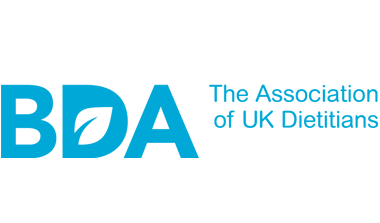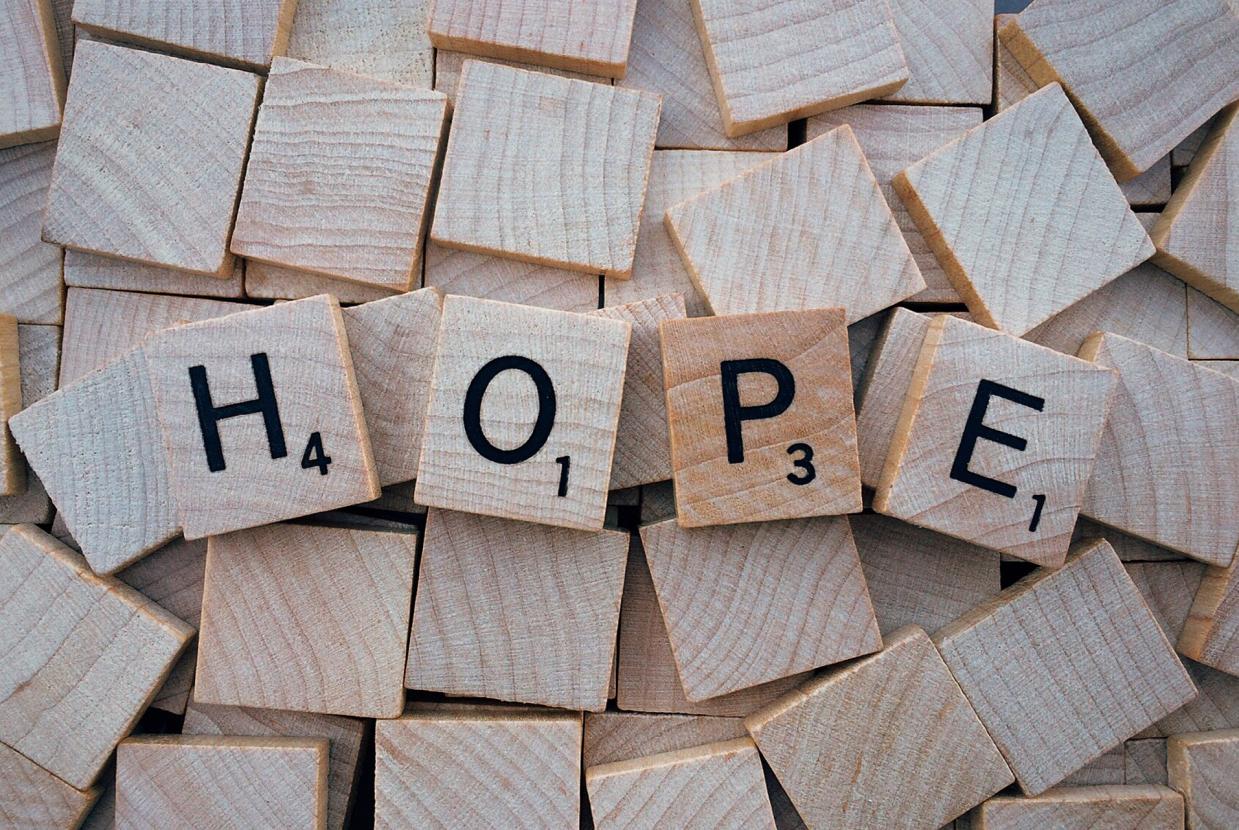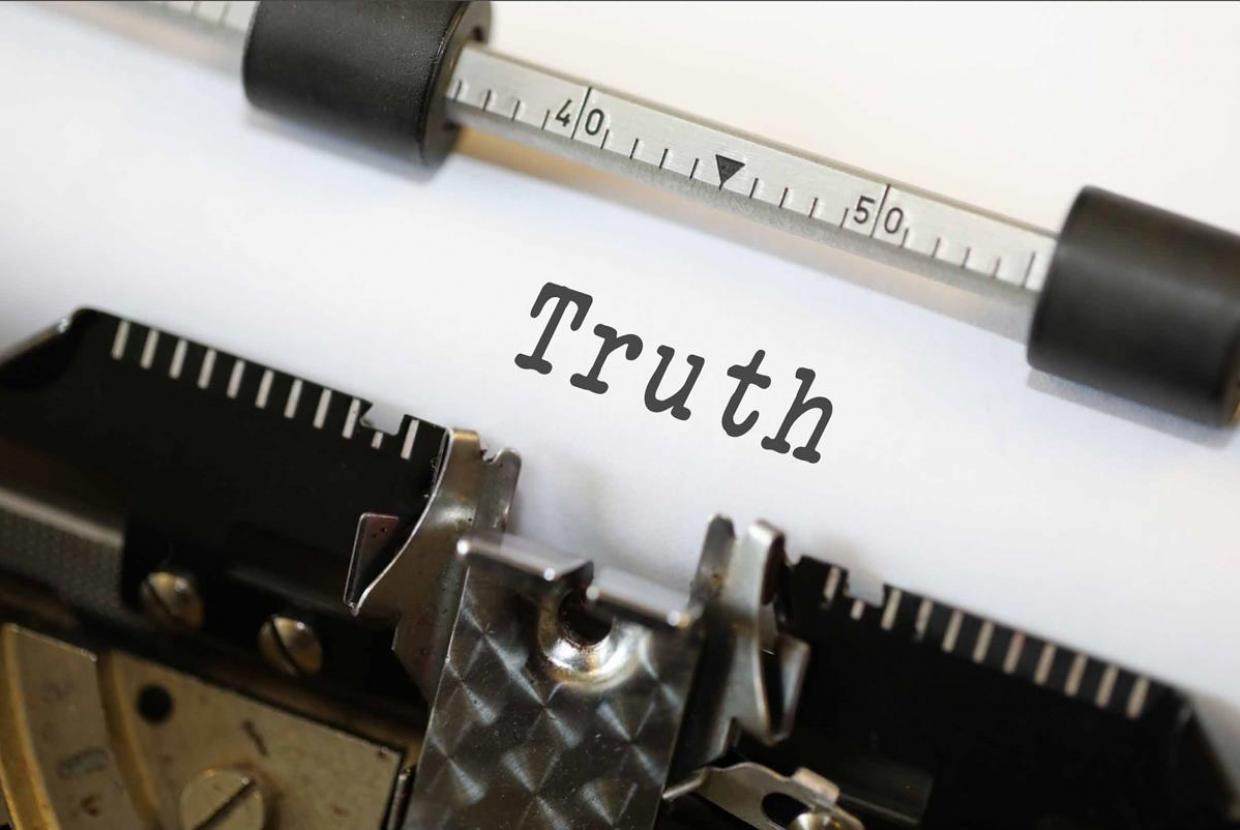Changing The Narrative Of Festive Feasting
Eating DisordersUnfortunately, every year, a number of news outlets will publish an article that reinforces the narrative that even at Christmas, we must fear weight gain above all else.
The Times, who published a particularly harmful article with twenty seven rules to follow to prevent weight gain over Christmas, including weighing yourself daily. As all dietitians know, following a small number of 'rules' is hard enough for most people and attempting to adhere to twenty seven, including daily weigh-ins is undoubtedly going to push many into patterns of disordered eating or give them the validation they are seeking for their existing disordered eating.
For a high profile newspaper like The Times to publish such a harmful article is disheartening to say the least, especially when dietitians are working so hard to change the narrative around diet culture and weight stigma.
Christmas is a celebration that has always been centred around feasting. It originated as the midwinter feast which was to prepare us for the cold, dark months ahead. It's a time of year when many of us will be eating foods that we only eat at this time of year. It is important to take a stand against articles such as this which take the joy out of celebration and enforce the idea that it is normal to constantly obsess about what you can and can’t eat and how much you weigh.
If Christmas or holidays or birthdays cause anxiety about weight gain, that is a big red flag that someone needs to work on their relationship with food. Unfortunately, articles such as this and the wider press narrative around diets and our bodies reinforces disordered eating behaviours and makes us believe that these thoughts and behaviours are normal and even, healthy. Perhaps they even encourage some to believe that following strict rules over Christmas affords them a moral superiority over others as they maintain their ‘clean eating’ and continue their exhausting exercise regimen.
As dietitians, working with people who have eating disorders or disordered eating means that we are all too aware of how these illnesses and thought patterns can take all joy and light out of our patients lives. Seeing this encouraged at this time of year, particularly after the year we have all had, is very sad.
The narrative portrayed also reinforces the false belief that we need to be either 100% ‘good’ with our diet or we might as well not bother. Not only does this encourage disordered eating but it also deters those who would benefit from moderating their diet to improve their health, as they believe that the version of ‘health’ that the media presents us, is unattainable to them.
It is vital the the general public understand that health lies in the middle of the extremes. Moderation is the answer. Having a healthy relationship with food and our bodies where we can eat freely without guilt or shame and make food choices based on health and hunger rather than emotions, stress and exhaustion is key.
Fortunately, there are more responsible outlets who are turning away from these sorts of messages now. Dietitians are doing brilliant work on social media to share messages on the importance of having a healthy relationship with food. Indeed, the article in The Times received damning comments which will hopefully make them reconsider such topics in the future. There is hope that we will collectively drown out the voices encouraging disordered eating but it will take more time and further influence.





















